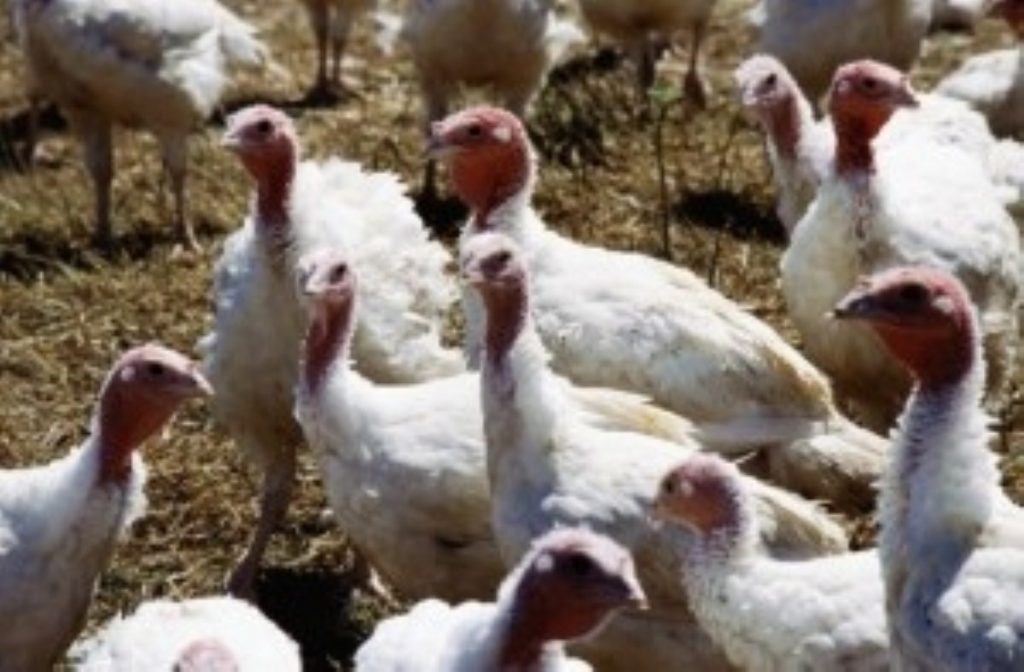Ministers agree global cooperation on bird flu
The international community today agreed to share information and expertise in an attempt to speed up the development of a vaccine for bird flu.
Health minister Rosie Winterton met with representatives of eight other countries, and agreed to co-operate to ensure they could respond effectively to a possible pandemic.
“We have agreed a programme of action to ensure that national pandemic planning continues to dovetail with international planning and that we communicate effectively both nationally and internationally,” she said.
Her comments come just days after the Chinese government confirmed the country’s first human cases of bird flu, fuelling concerns of a global pandemic.


The Beijing government has now announced it is planning to vaccinate all of China’s 14 billion poultry in a bid to prevent the spread of the disease.
Ms Winterton continued: “We recognised the importance of ensuring our populations and healthcare professionals have the high quality, consistent international information they need to manage the consequences of an outbreak of pandemic flu.
“And, most importantly, we have agreed to share information and expertise to speed up the development and production of a pandemic flu vaccine. We have also agreed to work together to boost global capacity for pandemic flu vaccine.”
Today’s meeting in Rome included ministers from the US, Canada, France, Germany, Italy, Japan and Mexico, representatives of the World Health Organisation and the EU health commissioner.
They agreed to share national flu pandemic plans and also share more general information about the virus, both for health professionals – to ensure they can respond effectively – and to ensure members of the public are kept fully informed.
Doctors have warned that governments must be transparent in how they prepare for a possible bird flu panic, to avoid the possibility of panic and loss of faith among the general public.
An editorial in today’s Lancet warns: “It is true that public assurances are difficult to muster when uncertainties abound and available scientific information is incomplete.
“But if governments are to avert widespread panic they must admit to uncertainty, act transparently, issue guidance on disease protection, and make sure new information is disseminated to the public as quickly as possible.
“These actions can be thought of as preparedness measures in themselves: people who trust their leaders will be more likely to adhere to health advice when a pandemic emerges.”












